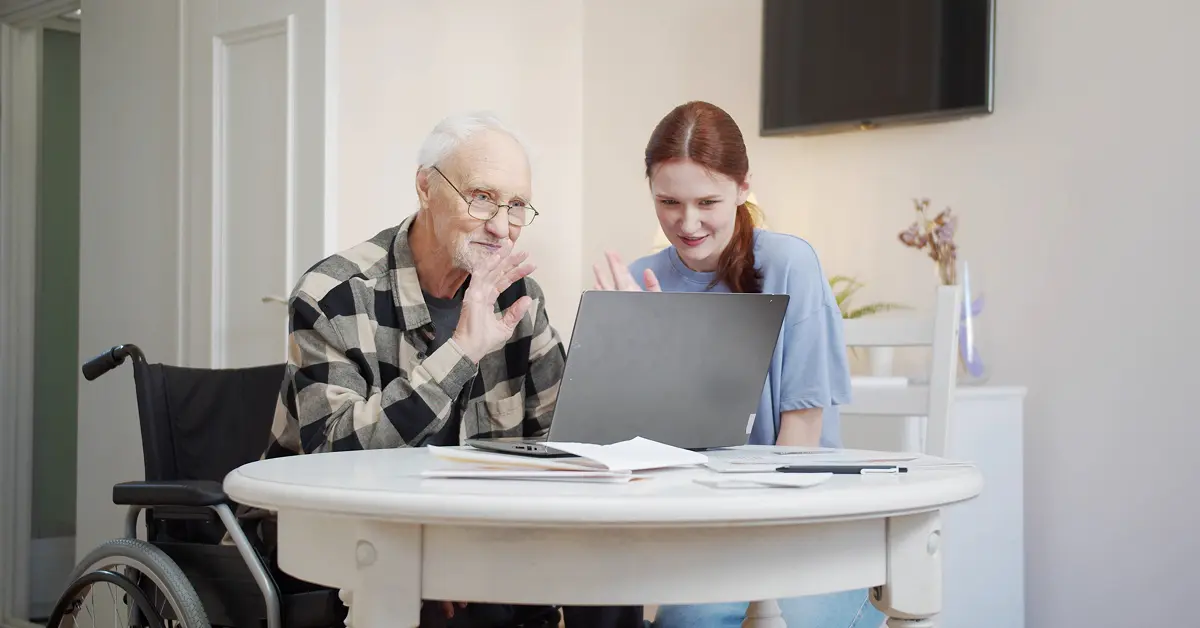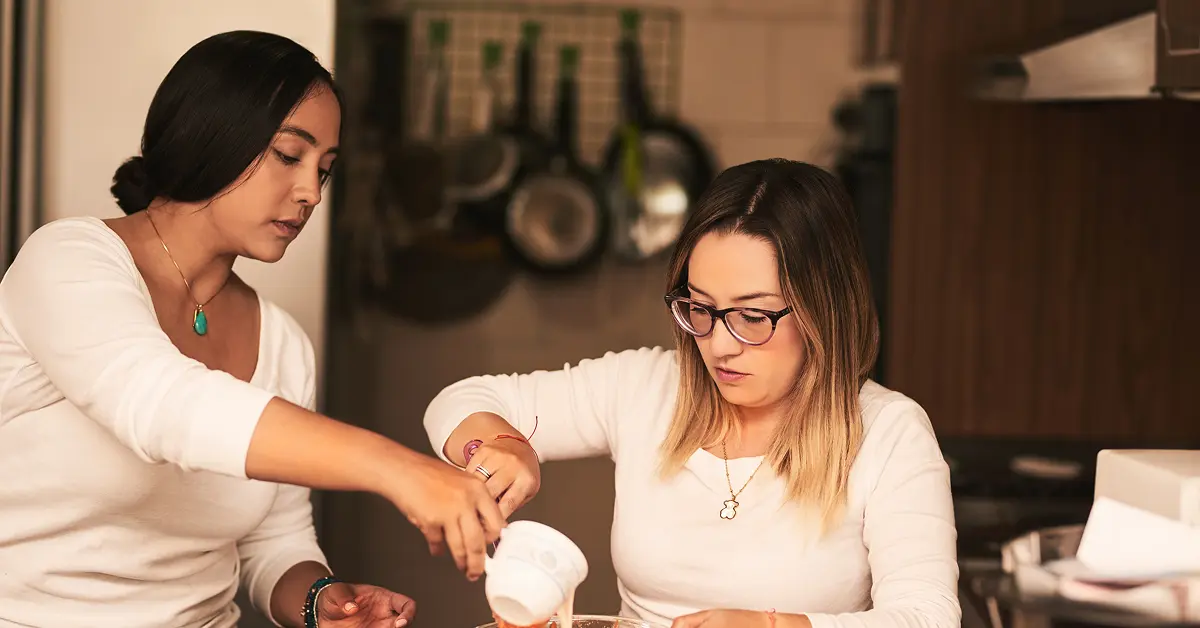Learn how to build efficient emergency contact systems through caregiver planning to ensure safety and quick response for elderly individuals during medical emergencies in India.
Emergencies can arise without warning, especially in homes where Elderly Care Services or medically vulnerable individuals reside. In such scenarios, the presence of a robust emergency contact system can be the difference between life and death. For caregivers, especially those in India where family care is a vital cultural element, having a structured emergency response plan is not just essential—it’s life-saving.
In this blog, we’ll explore the importance of building an emergency contact system through smart caregiver planning, components of an effective system, Indian-specific challenges and solutions, and tips for seamless execution.
Why Emergency Contact Systems Are Critical for Elders
Older adults often live with chronic health conditions such as heart disease, diabetes, arthritis, or dementia. Even a small delay in responding to an emergency—be it a fall, sudden illness, or confusion—can lead to complications. An emergency contact system ensures:
- Quick medical intervention
- Reduced panic during emergencies
- Clear roles for family and caregivers
- Streamlined communication with hospitals and doctors
This system acts as a safety net, allowing caregivers to act confidently during crises.
Key Elements of a Robust Emergency Contact System
To build an effective system, caregivers need to design it around accessibility, speed, clarity, and reliability. Here are the core components every emergency plan should include:
Centralised Contact List
Create a list that includes:
- Primary caregiver (with mobile and backup numbers)
- Family doctor or home visit physician
- Closest hospital emergency line
- Neighbours or nearby relatives
- Ambulance services (like 108, or private providers like StanPlus in metros)
- Local police station and security office (especially in apartment complexes)
Make sure this list is printed, laminated, and placed in visible areas like the fridge, bedside table, and bathroom door.
Medical Information Sheet
This sheet should contain:
- Current medications
- Allergies
- Known conditions (e.g., diabetes, hypertension)
- Blood group
- Doctor’s name and contact
- Insurance card copy or policy number
- Aadhaar number or ID for hospital documentation
Keep digital copies on the caregiver’s phone and shared via WhatsApp groups with key family members.
Emergency Equipment
Have basic medical emergency tools available:
- First aid kit
- Oxygen concentrator (if prescribed)
- Blood pressure and glucose monitors
- Extra stock of essential medications
- Power bank to ensure mobile phones stay charged
In Indian climates, ensure everything works even during power cuts.
Caregiver’s Role in Emergency Preparedness
Caregivers—whether professional attendants or family members—must be trained not only in physical support but also in emergency protocol. Their responsibilities include:
- Regularly updating emergency contacts
- Practicing emergency response drills
- Educating the elder about panic buttons or how to call for help
- Keeping emergency bags ready with all essentials
- Notifying family members at the earliest sign of distress
Caregivers should also stay calm, composed, and follow a checklist to avoid forgetting critical steps in the heat of the moment.
Setting Up Digital Emergency Tools
With India becoming increasingly digital, there are tools that can simplify emergency planning:
a. Smartphones & Medical Alert Apps
Install apps like:
- 112 India – Government emergency service
- Aarogya Setu – Includes emergency features
- CareSmartz360 or MySOS – Alert apps with GPS and health info
b. Wearable Devices
Medical alert wristbands or GPS watches can automatically alert contacts if the wearer falls or has a medical episode. Some models available in India offer direct ambulance contact integration.
c. Home Automation
Devices like Alexa or Google Home can be set to dial emergency numbers via voice command, ideal for tech-savvy seniors.
Challenges in Indian Households
While the intention to care is strong in Indian families, there are challenges to building formal emergency systems:
- Joint Families: Too many people assuming someone else will take action
- Domestic Helpers: May not be trained for emergencies
- Connectivity Issues: Remote villages or tier-3 towns face delayed emergency services
- Language Barriers: Not all elders are fluent in English or Hindi
Solutions:
- Assign one primary caregiver responsible for emergency action
- Keep multilingual instructions posted on walls
- Train domestic staff with basic first aid and emergency calls
- Use local helplines for rural or semi-urban settings
Planning Drills and Mock Scenarios
Just like fire drills in schools, caregivers should organize emergency response drills at home:
- Simulate a fall or chest pain scenario
- Time how long it takes to contact an ambulance
- Review what actions were delayed or forgotten
- Rotate caregiver roles during the drill
Doing this once every two months will keep everyone prepared and reduce panic.
Customizing Emergency Plans for Dementia or Mobility-Limited Elders
Caregivers looking after elders with dementia, Parkinson’s, or post-stroke complications should take additional steps:
- Use door alarms to prevent wandering
- Place emergency buttons or bells in every room
- Use photo contact cards if the elder cannot recall names
- Set medication reminders through alarms or mobile apps
- Consider enrolling in elder care monitoring services like Portea or Nightingales
Government & NGO Support for Emergency Planning in India
Several Indian initiatives can help:
- Senior Citizen Helpline (14567)
- NGOs like HelpAge India that provide guidance and emergency services
- State-run ambulance networks (108 services are active in most states)
- Resident Welfare Associations (RWAs) that offer security backup
Caregivers can register seniors with these services and regularly update information.
Final Thoughts
Emergency contact systems are not just about having a list of phone numbers. It’s a mindset—a structured, proactive approach to protect elders from the unpredictable. As a caregiver, being prepared empowers you and comforts your loved ones, knowing help is always within reach.
In India, where cultural values and joint families play a strong role, blending tradition with modern tools ensures that seniors get the support they need when seconds matter.
Contents
- Why Emergency Contact Systems Are Critical for Elders
- Key Elements of a Robust Emergency Contact System
- Caregiver’s Role in Emergency Preparedness
- Setting Up Digital Emergency Tools
- Challenges in Indian Households
- Planning Drills and Mock Scenarios
- Customizing Emergency Plans for Dementia or Mobility-Limited Elders
- Government & NGO Support for Emergency Planning in India
- Final Thoughts
Our 24*7 services
Latest Posts
- What Is Respite Care and Why Is It Important
- Affordable home care for senior citizens in India
- Caring for Seniors with Dementia or Alzheimer's at Home
- Senior Caregiving A Guide for Every Family
- How to Write a Caregiver Resume That Gets You Hired
- How Care After Hospital Discharge Speeds Up Recovery at Home
- How to Get Home Health Care for Seniors Through Medicare
- What Does a Senior Citizen Caregiver Really Do at Home
- How to Care for Elderly Parents with Alzheimer’s or Dementia
- How to Get 24-Hour Care for Seniors at Home



